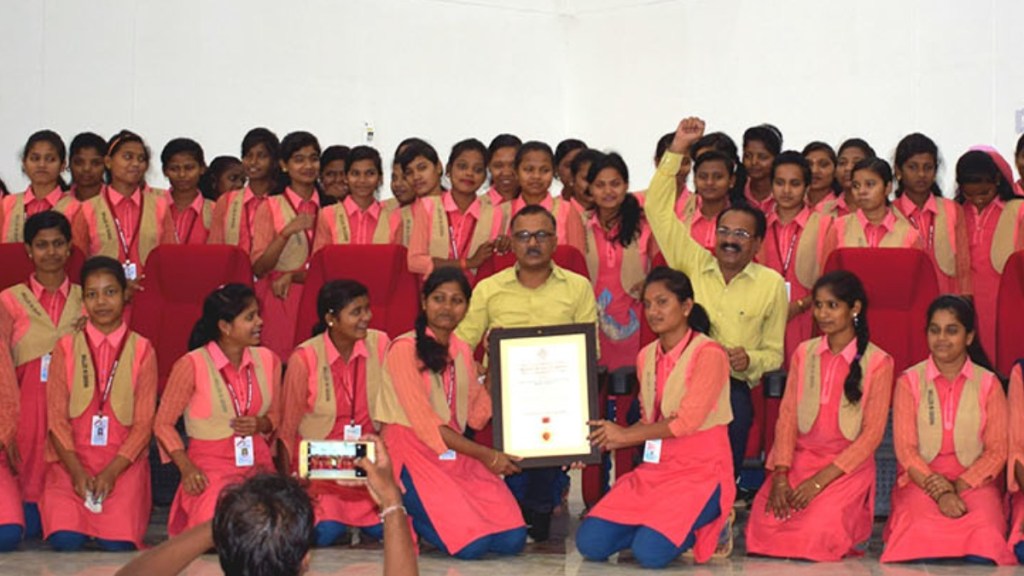No this is not a Women’s Day Special post but yes it is about Women no doubt. The auto industry has been traditionally seen as a man’s bastion. From making it to driving it, we often attribute innumerable macho aspects to it but times are changing for sure. As Andy Warhol said, “They always say time changes things, but you actually have to change them yourself,” ITI Berhampur is following it to the last T.
In news recently for placement of 22 girl students in Sundaram Clayton, and a large number of them in Yokohama, Suzuki, as well as Tata Advanced Systems apart from MMV, diesel, tractor mechanics in key companies , the institution is well on its way to chart out a strategy that can help meet the target of 33% girls in TVET Sector (technical and vocational education and training) skilled in Odisha. The automobile space is no doubt in the pole position accounting for a large number of these placements. In fcat the principal of Berhampur ITI says, “By 2025 the girls enrolment will be 40 per cent and 3 per cent of skilled professionals will get international placement.”
Almost eight of the ITI Berhampur students have also secured placement in Freudenberg’s Chennai office as well. In fact, the academic year 2021-2022 clocked a record increase in the number of girl students to an all-time high of 457. Even in 2022-2023, the total admission of girl trainees at Berhampur is 445, significantly higher than meer 27 in 2013-2014. Over a 10-year period, the jump in number of admissions has been close to 30 percent. From Technician Mechatronics to fitters to operator engineers, the possibility and opportunities seem to be quite expansive.
Well, it’s not just about breaking the glass ceiling but in many ways, it is also a sign of changing times. The automotive shop floor has been traditionally male dominated but not any more. ITI Berhampur, like many other Skilling initiatives, are offering skill courses, during summer, for girls appearing for the tenth grade board exams to help enhance their skill and bring to light options for a career in the TVET sector.
As per a study and recent reports by National Skills Development Corporation, the ratio of trained men and women candidates have risen significantly and women now contribute 22.8 per cent of the workforce and the base level training no doubt plays a crucial part in enhancing the opportunities. Gender mainstreaming efforts like creating awareness, recruiting and placement of women teachers and potential employees and counselling of women and their family members to highlight the opportunities are seen as key instruments of change in bridging the gender divide. Won’t be wrong to say that the automotive sector is among the leading drivers of this change across India.




















